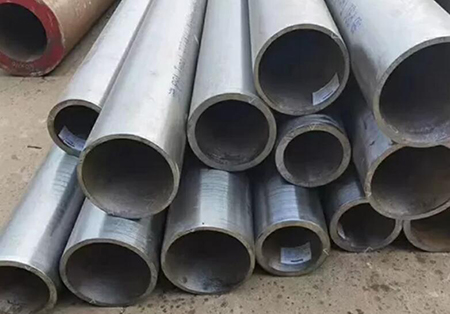What is Schedule 40 stainless steel?
Schedule 40 stainless steel refers to a specific type of pipe or tubing used in plumbing and various industrial applications. It is characterized by its wall thickness and is part of a system used to standardize pipe sizes and pressure ratings. Schedule 40 stainless steel pipes are commonly made from austenitic stainless steel, which is known for its corrosion resistance and durability.
The "Schedule" in Schedule 40 refers to a set of standardized pipe wall thicknesses defined by the American National Standards Institute (ANSI). In the case of Schedule 40, it means that the pipe has a specific wall thickness that is relatively thick compared to other schedules. This thickness is designed to handle moderate to high-pressure applications.
The exact dimensions of a Schedule 40 stainless steel pipe can vary depending on the nominal size, but it generally has a thicker wall compared to Schedule 10 or Schedule 5 pipes, for example. The specific dimensions and pressure ratings for Schedule 40 pipes are typically outlined in standards such as ASTM A312 (Standard Specification for Seamless, Welded, and Heavily Cold Worked Austenitic Stainless Steel Pipes) for stainless steel pipes.
Schedule 40 stainless steel pipes are commonly used in various applications, including water supply, heating systems, industrial processes, and more, where the corrosion resistance and strength of stainless steel are beneficial. The choice of Schedule 40 or another schedule will depend on the specific pressure and temperature requirements of the application.
Previous: >> The Strength of Stainless Steel: Seamless Tubing and Tubing Coils Next: >> What size is Schedule 40 stainless steel pipe?







